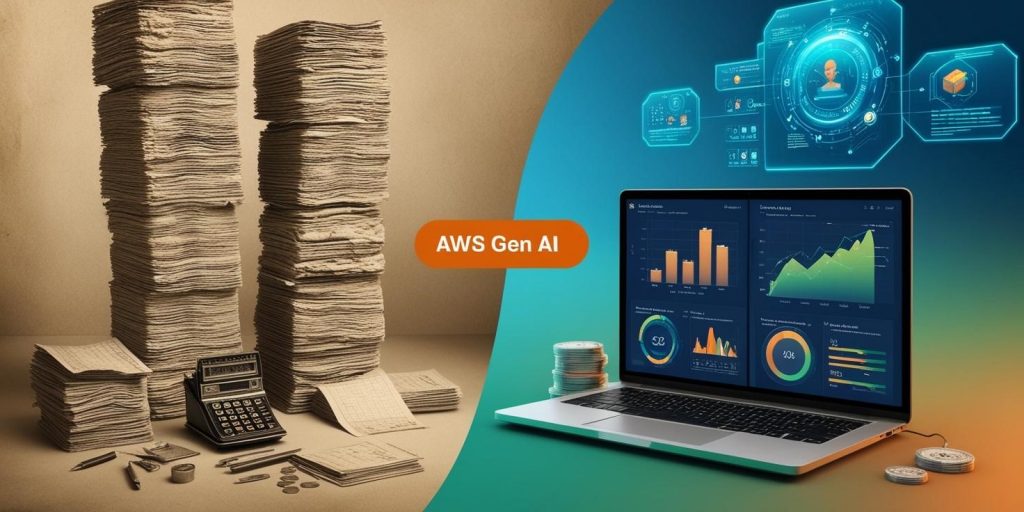Fintech fraud is surging. In 2023, financial institutions lost $5.9 billion to fraud. But there’s hope. New technologies are fighting back. Let’s explore how AI, blockchain, and behavioural analytics are changing the game.
AI: The Fraud-Fighting Superhero
Artificial Intelligence is revolutionizing fraud detection. Machine learning algorithms can spot patterns humans miss. They analyze millions of transactions in seconds. This speed is crucial in today’s fast-paced financial world.
Mastercard’s Decision Intelligence. This AI-powered system evaluates transactions in real-time. It reduced false declines by 50% while boosting fraud detection by 40%.
AI doesn’t sleep. It works 24/7, constantly learning and adapting. As fraudsters evolve, so does AI.
Blockchain: Transparency and Trust
Blockchain technology offers a new level of security. Its decentralized nature makes it tough for fraudsters to manipulate. Every transaction is recorded and can’t be altered.
R3’s Corda platform. Major banks like HSBC and ING use it for secure, transparent transactions. It’s reduced fraud in trade finance, a $16 trillion industry plagued by paper-based fraud.
Blockchain isn’t just for cryptocurrencies. It’s reshaping how we verify identities and track assets.
Behavioural Analytics: Understanding the User
Behavioural analytics looks at how users interact with financial systems. It builds unique profiles for each user. Unusual behaviour triggers alerts.
Feedzai’s risk management platform. It analyzes over 3 billion transactions annually. Their behavioural models have helped banks reduce fraud losses by up to 70%.
This tech goes beyond traditional rules. It understands context and adapts to individual user habits.
Combining Forces: The Future of Fraud Prevention
The real power comes from combining these technologies. AI can analyze blockchain data. Behavioural analytics can inform AI models. This creates a multi-layered defense against fraud.
NICE Actimize’s X-Sight platform. It integrates AI, machine learning, and behavioural analytics. Major banks report a 30% improvement in fraud detection accuracy.
The human touch remains crucial. These tools empower fraud analysts, not replace them.
Challenges and Considerations
Privacy concerns are valid. Collecting user data for analysis raises ethical questions. Striking a balance between security and privacy is key.
Regulation struggles to keep pace with technology. Fintech companies must navigate a complex legal landscape.
The cost of implementing these solutions can be high. But the potential savings from reduced fraud make it a worthwhile investment.
Looking Ahead
The future of fintech fraud prevention is exciting. Quantum computing could revolutionize encryption. Biometrics are becoming more sophisticated. Voice recognition and facial analysis add new layers of security.
As 5G networks expand, real-time fraud detection will become even faster. Edge computing will bring fraud analysis closer to the transaction point.
Conclusion
Fraud in fintech is a serious threat. But advanced technologies offer powerful solutions. AI, blockchain, and behavioural analytics are leading the charge. By combining these tools, we’re building a safer financial future.
The fight against fraud is never-ending. But with continued innovation, we’re staying one step ahead of the fraudsters.
Ready to safeguard your financial operations from fraud? Contact Grupdev today to learn more about our cutting-edge fraud detection and prevention solutions. Together, we can build a secure and trustworthy financial future.



